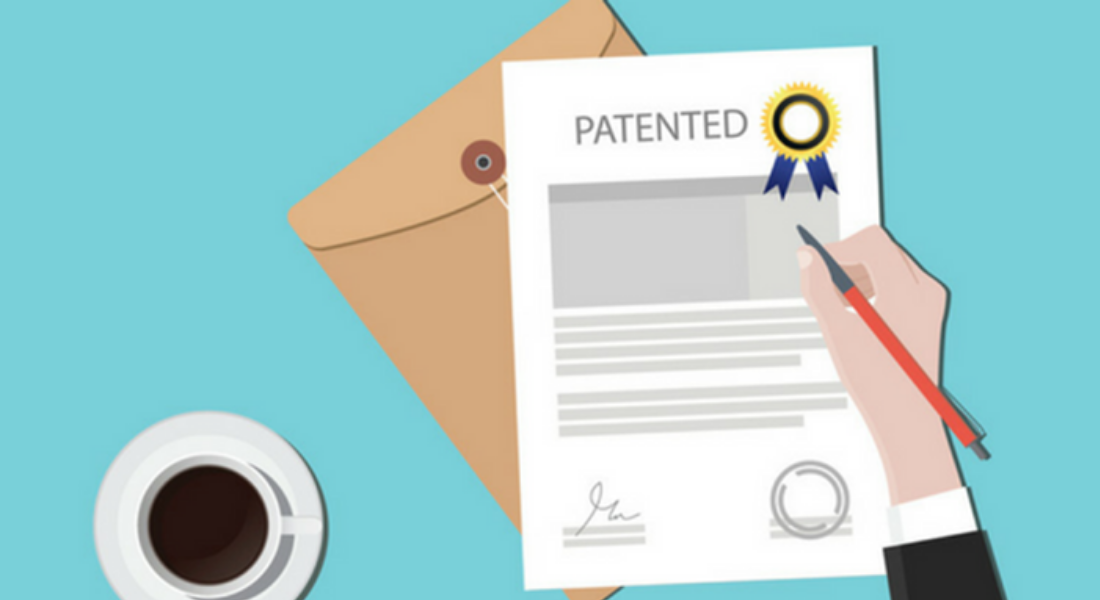Why tech starts ups need to get to grips with Intellectual Property
Intellectual Property – every business has it but some of us don’t know what it is or how we can protect it. Here, Nikki talks to Ian Sterritt from the Intellectual Property Office about why tech companies need to take their IP seriously.
What do we actually mean when we talk about Intellectual Property?
The main misconception about IP is that it’s all about patents. In reality, physical inventions are only one element of IP that you can protect. Essentially, Intellectual Property is anything that has been created from intellectual thought. That covers off practically every business that has ever existed!
Apart from patents then, what else do companies need to protect?
To help get your head around it, you can break IP down into 5 key areas:
- Patents – these are designed to protect your invention. They are only granted to inventions that no-one has ever thought of or built before.
- Registered designs – these protect the visual appearance of a product, for example a unique dress design.
- Trade Marks – these help companies to protect their identity, name, branding etc. (essentially, we’re all operating under un-registered Trade Marks until we officially register them). After all, this is what you’re building your reputation around and it can be a nightmare if you’ve grown a successful business only to have someone else trading under a similar name or identity. It’s such a painless process I don’t understand why people don’t register their Trade Marks sooner.
- Copyright – this covers anything that an individual or company creates. It can incorporate words (e.g. text for websites), images, photos and training manuals, but importantly for the tech industry, code. If that code is written by an individual independent developer, the copyright would automatically lie with that person until and unless it was stipulated within the commercial contract that copyright is assigned to the client company.
- Trade secrets / know-how – these aren’t covered by the IPO but there are other ways of protecting yourself. Think of trade secrets such as Coca Cola’s secret recipe. Their way of protecting this is not to tell anyone! Equally you can make sure you have good NDAs in place – something all tech start-ups need to do.
Know-how is essentially having the experience of knowing how to do something. It’s crucial when hiring in expertise and putting together employment contracts and Ts and Cs.
So how can tech companies, in particular, protect themselves?
Software companies need to recognise the value of what they’re creating. For most, it will be their products, which will start with code. It’s hard to patent software but you can copyright it because, essentially, that code is written down.
By simply putting a © and a date next to it you’re identifying yourself as the originator of that code. OK, it’s not going to put everyone off trying to copy you, but it can certainly act as a deterrent. And if you don’t do this, how can you prove that you got there first?
Is protecting your IP all about mitigating risk, or are there other benefits to it?
There is huge value associated with protecting your IP but the truth is that far too few tech companies realise this. It’s our job at the Intellectual Property Office to help companies understand where the value lies in their organisations and how they can protect themselves and make informed choices.
For a tech start-up it’s really important – essentially they’re creating new value from Day One and those early days of innovation are the most important.
But the time when some companies recognise that they need to have protected IP is when they’re looking to sell. Suddenly you’re faced with a potential acquirer who’s questioning what it is that they’re actually buying.
Rather than scrambling around as part of due diligence it makes much more sense to have everything in place from the start-up phase. That way you also minimise the risk when your business can be most vulnerable.
We’re now starting to see IP due diligence play a much bigger part in the acquisition process. Buyers want to know what value your Intellectual Property assets have. In fact, if you look at UK PLC as a whole, the most recent statistics show that we invest more in intangible assets than in tangible assets (£133 billion to £120 billion).
Collectively speaking our intangible assets – in which much Intellectual Property often sits – is hugely valuable. By protecting this you’re making yourself more valuable and attractive to the wider market and mitigating risk at the same time.
If you would like any advice on the Intellectual Property that you currently have within your business and how you can protect it, please contact Ian at ian.sterritt@ipo.gov.uk
Share this:





